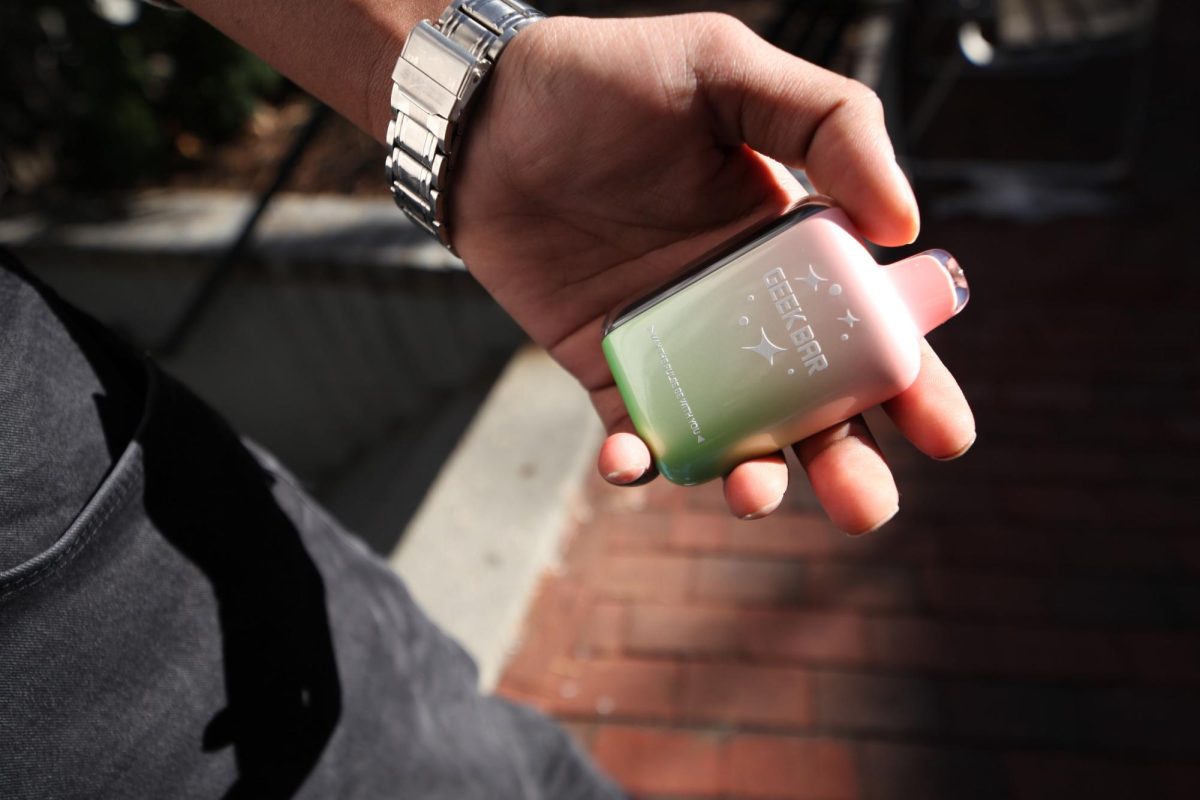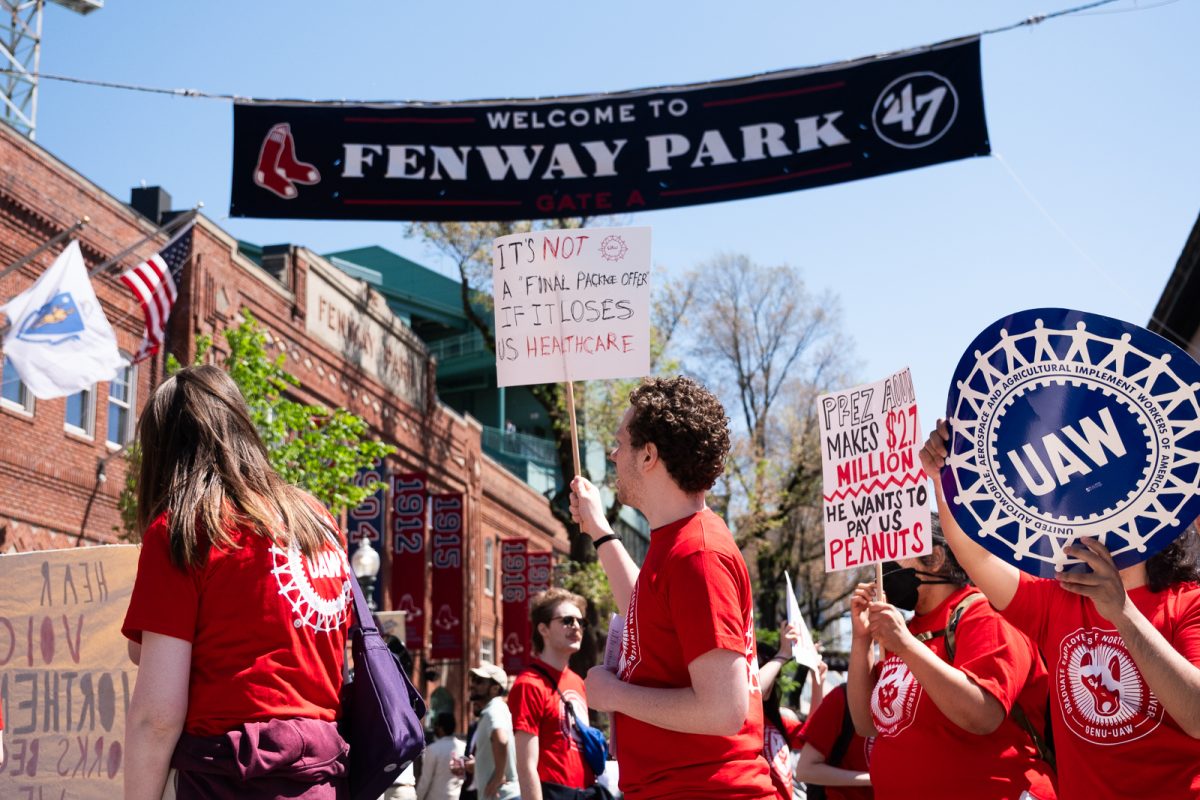
By Selena Burke, News Correspondent
Bikes that go missing from campus are usually reported stolen to the Northeastern University Division of Public Safety (NUPD), but sometimes it’s the police themselves who take them.
Bikes that are left unlocked are taken immediately if seen by NUPD, Lucy Warsh, a university spokesperson, said. Officials wait anywhere between three to 10 months before taking locked bikes that they determine to be abandoned. The bikes are stored at NUPD headquarters on Columbus Avenue and donated in the spring to local charities, which refurbish them and give them to kids, Warsh said.
The locked bikes that NUPD takes are generally in bad condition, with missing parts or weathered down from being in one spot for too long, Warsh said.
“Because these bikes have been left for months and months, [NUPD are] able to determine that the owner is not going to return for a bike,” she said.
Though no one has done so yet, individuals who discover that their unlocked bike has been taken may go to NUPD and claim it, assuming it wasn’t stolen. When NUPD takes both locked and unlocked bikes nothing is left to indicate what has happened to it.
“If they’re trying to teach people that they should lock their bike then they should put a note on it or something like that,” Greg Allen, a sophomore engineering major, said. “But I think if people see that their bikes not there then they’re going to get really freaked out about it.” He said he uses a lock whenever he leaves his bike.
NUPD discovers and collects an estimated one unlocked bike per week in an effort to prevent theft and clear space, Warsh said.
“It’s kind of silly especially if they give them away after a certain period,” Shelby Parton, a middler behavioral neuroscience major, said. Parton said she normally uses a bike lock, but sometimes leaves her bike unlocked when making a brief stop at the library.
Police started collecting abandoned and unlocked bikes five years ago to clear space when Northeastern’s bike traffic increased, said Warsh.
“I don’t necessarily agree because it’s not their bike,” Tu Phan, a senior anthropology major, said. “But if it’s been there for awhile then it could be cleared so that people can lock their bikes.”
The campus police department is coming out with a bike safety brochure this fall which will be made available at NUPD headquarters and locations around campus, Warsh said.
Warsh said that the policy not only clears the way for students to use the bike storage locations, but also does something with the bikes.
“[This program is] just a great way to recycle abandoned bikes for a good cause,” she said.
Allen said that although there’s a chance everything could work out when an unlocked bike is taken, NUPD taking the bike is a step too far.
“I don’t know if that’s the correct punishment for being unsafe about your own property,” he said. “I don’t know if there should be a punishment for being unsafe about your own property.”








